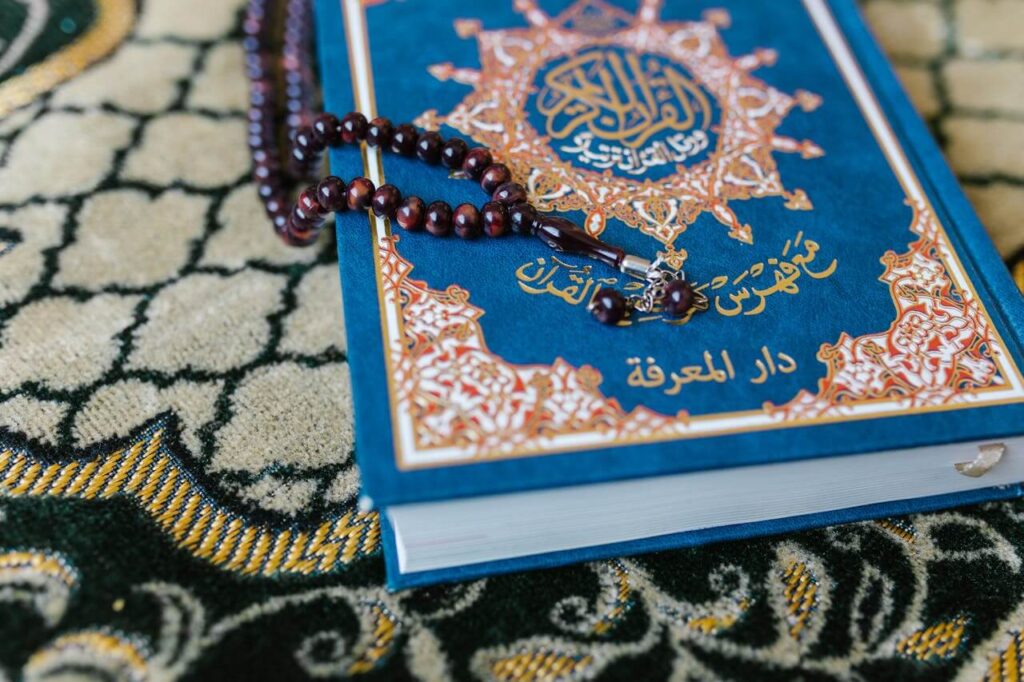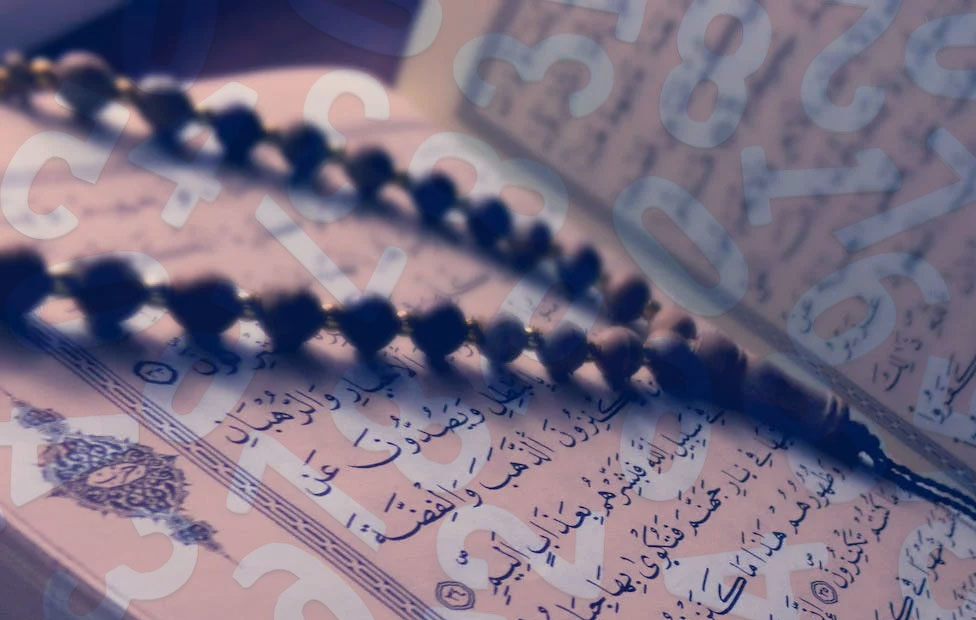Angel numbers are, simply put, numbers that show up and are supposed to have some kind of special meaning or message from spiritual beings. A lot of New Age and spiritual people put a lot of stock in them.
Apparently, they’ve been a thing for as long as humans have been on Earth, but it was this lady named Doreen Virtue who really brought them into the mainstream back in 2005. That’s probably why some people are skeptical about them – because it seems like a newer concept.
It’s hard to say for sure if they’re really signs from angels or spirits. Perhaps we just notice certain numbers more because we want them to mean something. But one thing is for sure – angel numbers have nothing to do with any religion like Christianity or Islam. Here’s why.
Are Angel Numbers Haram In Islam?
A lot of Islamic scholars and followers consider angel numbers as haram or forbidden for a few reasons. The theology and culture don’t really jive with the whole angel numbers thing. And since it’s more of a “New Age” concept, most Muslims wouldn’t believe in it anyway since Islam doesn’t have room for New Age things like that. Sure, some might find it interesting, but when it comes to Islam, angel numbers are generally a no-go.
Associating Partners With Allah (Shirk)
In Islam, the core idea is that God – known as Allah – is the one and only power in the universe. Putting any other beings or forces on the same level as God is a no-no, because that takes away from God being the sole focus of everything.
Looking to angel numbers or any other supernatural things for guidance could be seen as diminishing God. In Islam, all worship, guidance, and prayers are only supposed to go to God. On top of that, numerology, which angel numbers fall under, seems to be considered a form of fortune-telling, and that’s also a no-go.
Lack of Islamic Basis
The idea of angel numbers is not really something you’ll find rooted in traditional Islamic teachings. Islam definitely acknowledges angels as messengers of God, but the Quran doesn’t say anything about specific numbers showing up to guide you or anything.
When you look at authentic Islamic texts, there’s no support for the concept of angel numbers. A lot of scholars would say it’s more of an innovation, something added on later that strays from the core teachings of Islam that are laid out in the Quran and hadith. So, while you might find the idea interesting, or it could give you a feeling of guidance, it’s probably best not to think of it as being officially endorsed by Islamic theology, if that makes sense!

Diverting Focus From Authentic Practices
In Islam, the main focus is on believing in only one God, Allah, and following the teachings of the Quran and Prophet Muhammad. Muslims do believe in angels but do not assign special meanings to numbers.
Muslims believe true guidance comes directly from Allah through the Quran and teachings of Prophet Muhammad. The Quran has all the information needed to live a good life.
Looking too much into the meanings of numbers could take away from important Muslim practices. Spending time on numbers might mean not praying every day, fasting, or giving to others.
Islam teaches to follow proven ways of guidance and blessings, not things like numerology that are not sure. The Quran and teachings of the Prophet are the real sources of guidance for Muslims.
Risk of Superstition And Misguidance
As Muslims, our faith teaches us to be rational, think critically, and rely on divine revelation from God. Practices without a clear basis in Islam could risk confusion, wrong info, or even beliefs that go against core Islamic values.
It’s best if we protect our faith from anything that may lead us to stray from the true path. Let’s make sure we stay grounded in what our religion actually teaches!








